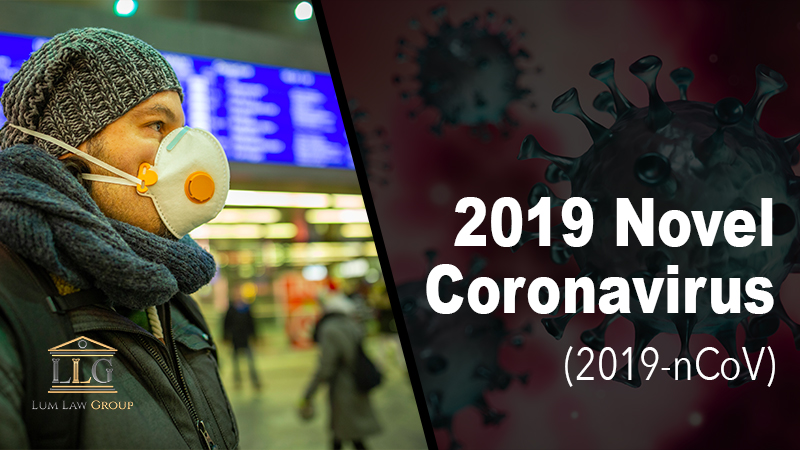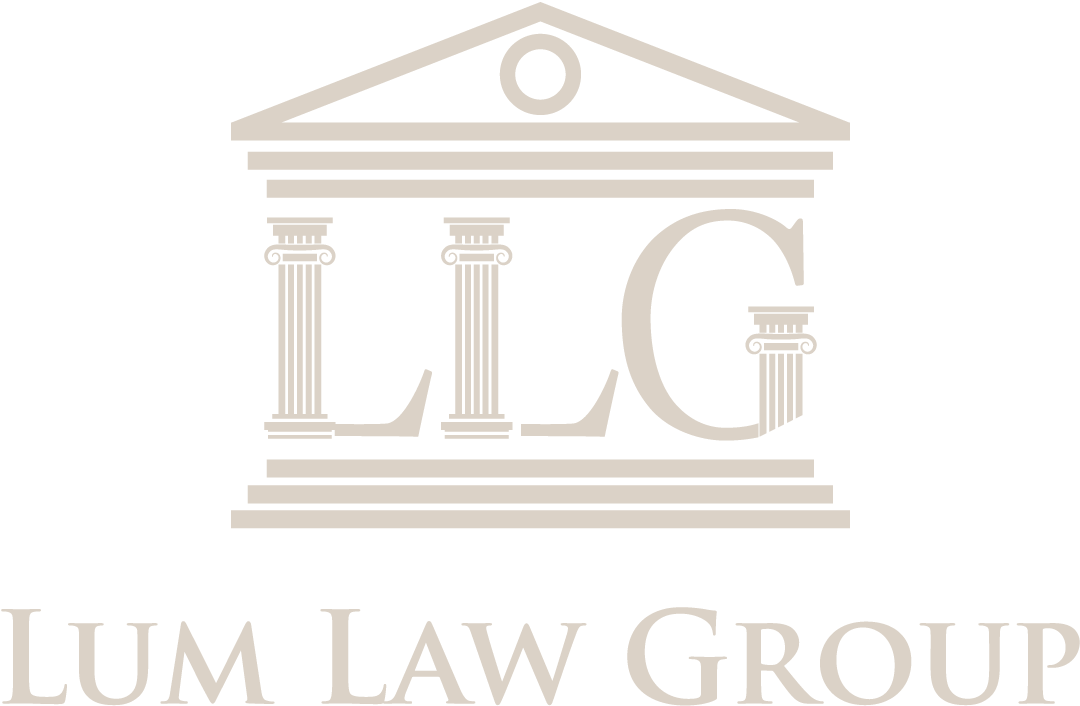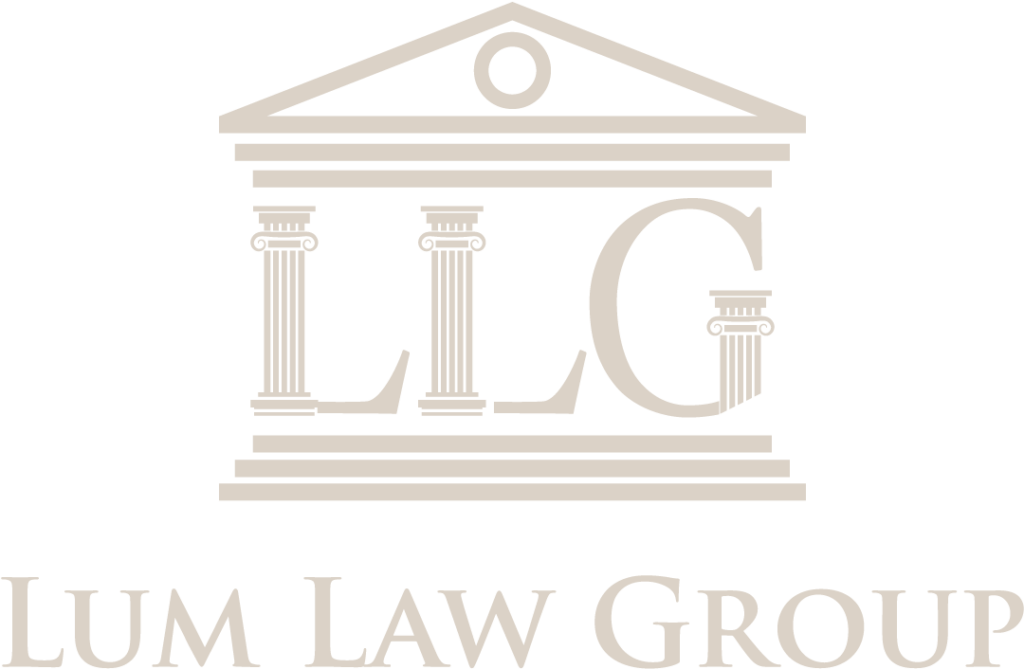The Coronavirus and Entry into the United States

As most people know by now, the United States has issued a temporary travel ban on individuals entering the United States, which took effect yesterday (Sunday) at 5 pm. Any U.S. citizens and permanent residents who have been to the Hubei Province (which includes the city of Wuhan) face a 14-day quarantine on return. Any […]
5 New 2019 California Employment Laws Business Owners Should Know

California will implement many new regulations in the coming year. As a small business owner, it’s important to remain up-to-date with new legislation so that you can ensure your business is in compliance with State regulations. As employment defense attorneys, we encourage businesses to take preventative action before they’re sued by their employees. Here’s five […]

